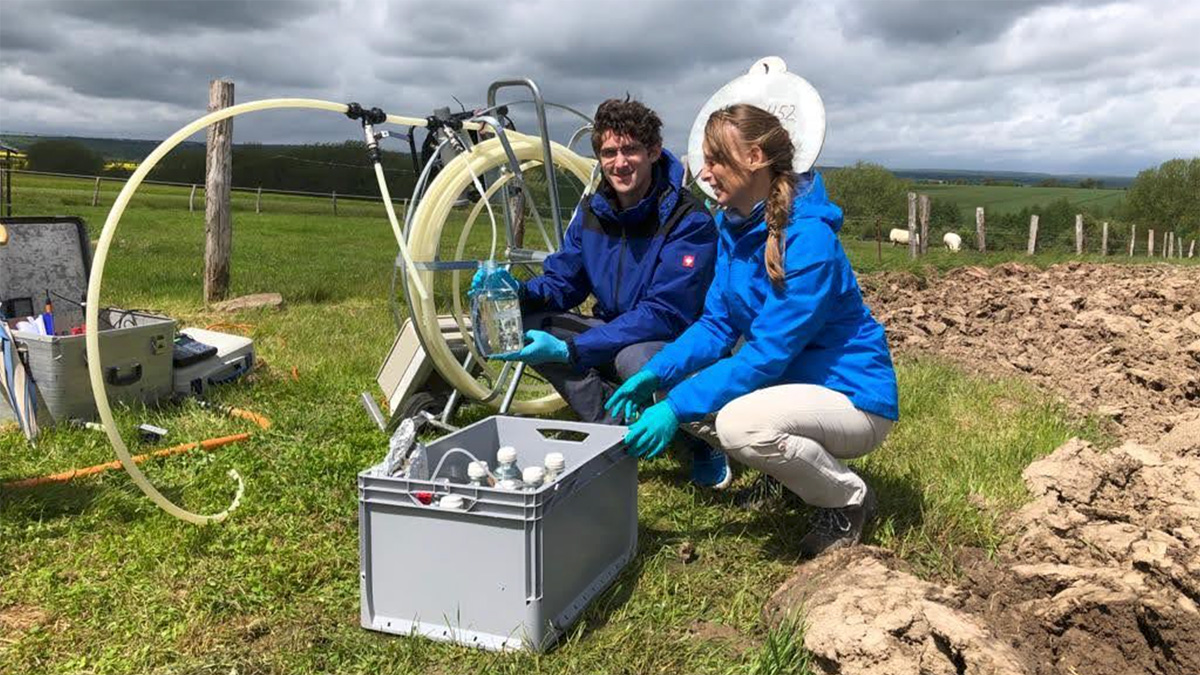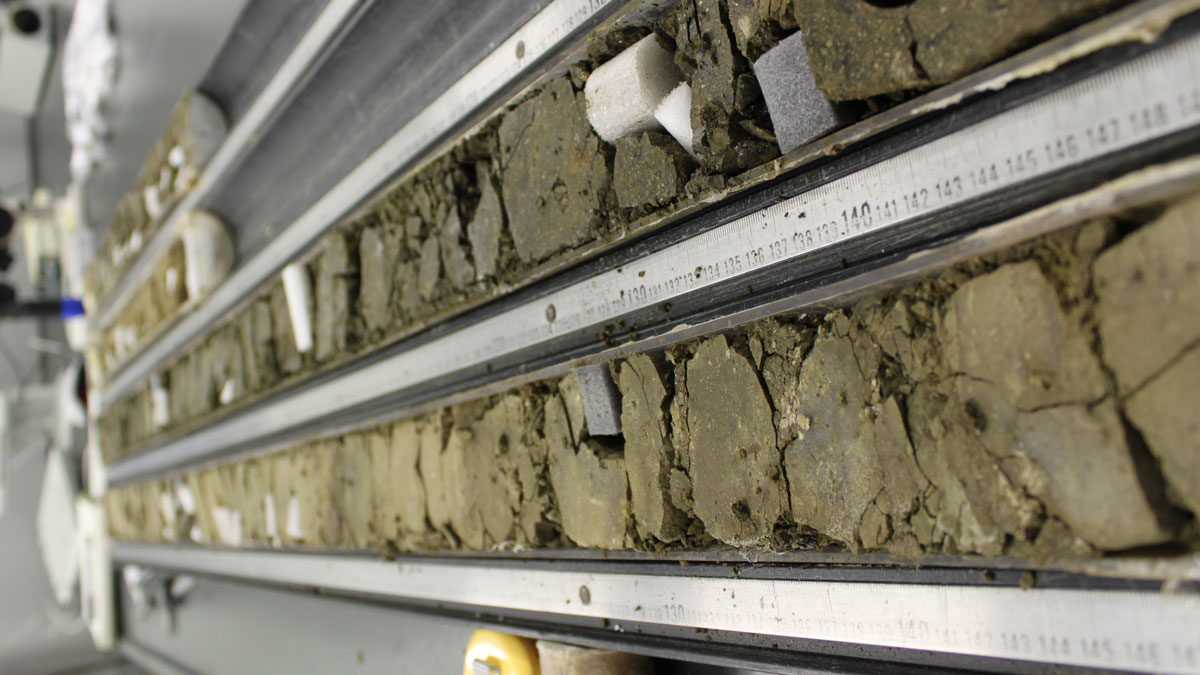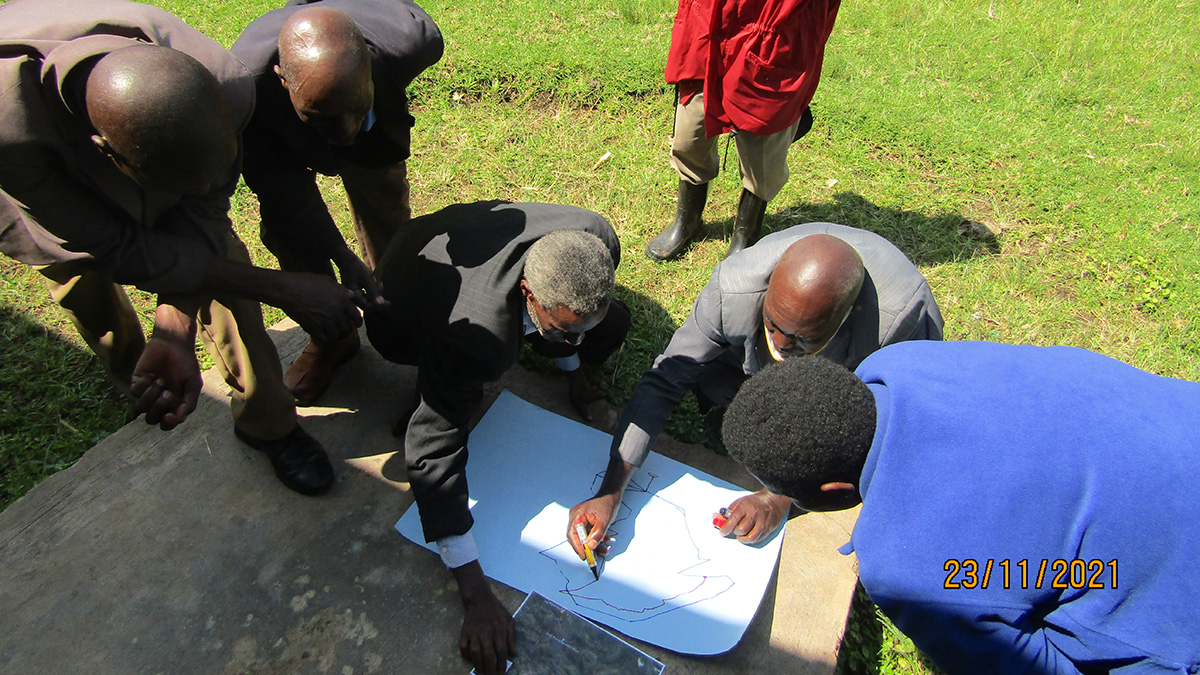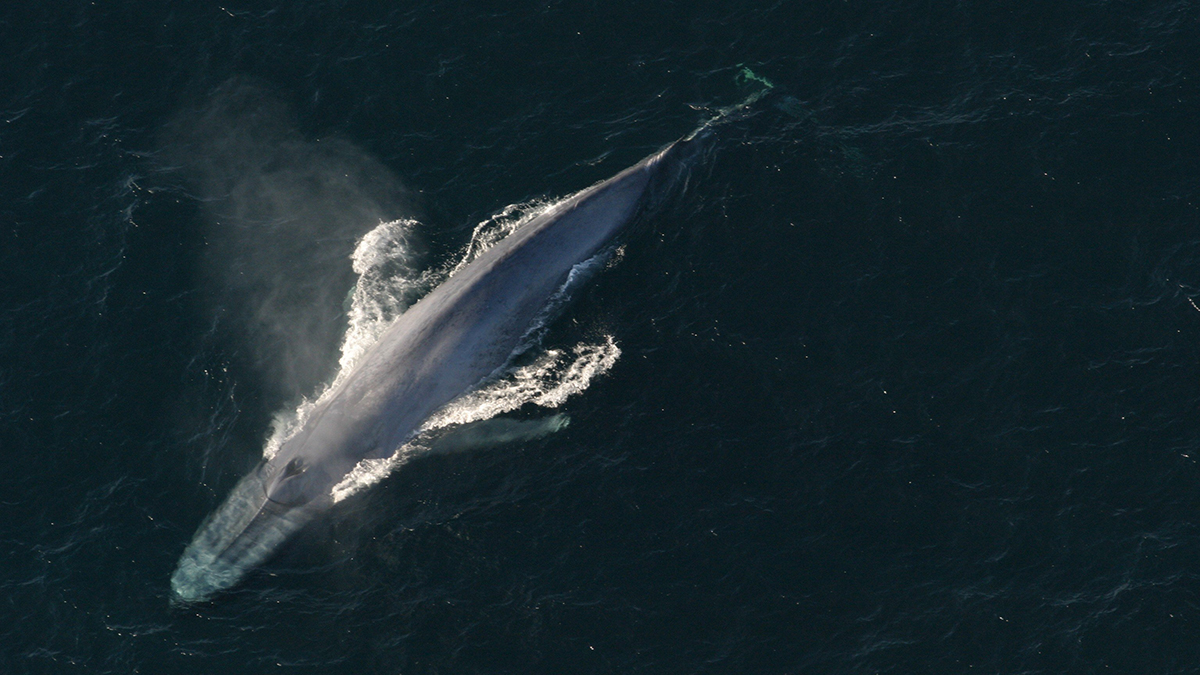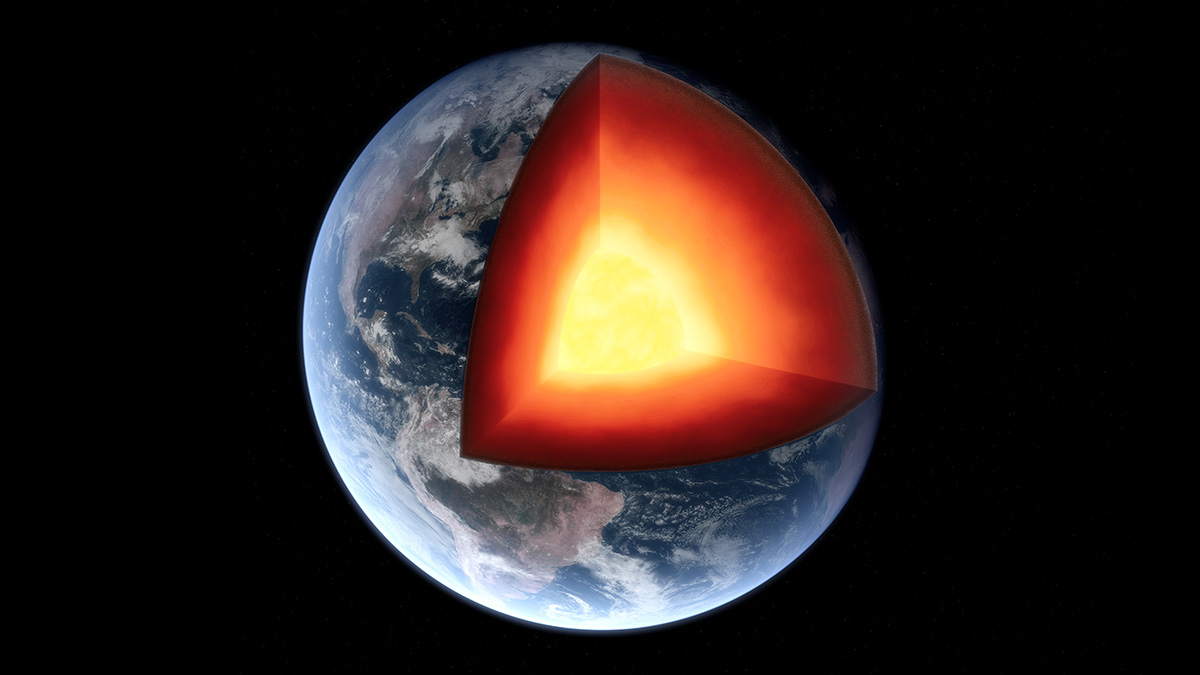Using intravenous anesthetics instead of volatile ones could help curb greenhouse gas emissions, but there are challenges to making the switch.
News
Groundwater May Fix as Much Carbon as Some Ocean Surface Waters
Microbes from wells as deep as 90 meters created organic carbon at a rate that overlaps with some nutrient-poor spots in the ocean.
Stretching Crust Explains Earth’s 170,000-Year-Long Heat Wave
During a brief period in Earth’s past, a massive emission of carbon abruptly raised global temperatures, acidified oceans, and stamped out species. New data may help explain how it happened.
Satellite Images Reveal a New View of Ancient Earth’s Rivers
A new method shows a key relationship between the width and makeup of Earth’s river channels over time. The technique could be applied to other terrestrial bodies, such as Mars.
Seashells and Penguin Bones Reveal Thwaites Glacier’s Quiet Past
Antarctica’s Thwaites and Pine Island Glaciers are melting faster than they have in the past 5,500 years, new evidence shows. Against expectations, their pasts have been remarkably stable.
Community Science Project Helps Track Geohazard Risks in Uganda
A community project in the Kigezi Highlands is helping to identify landslide and flooding hot spots and how the hazards are evolving.
Wiretapped Cables and the Songs of Whales
Researchers jerry-rigged fiber-optic cables in a fjord to eavesdrop on blue whales, with possible applications ranging from seafloor mapping to meteorology.
Earth’s Wobbly Inner Core Illuminated by Nuclear Explosions
Shock waves from Cold War era nuclear tests gave seismologists a glimpse of the inner core. Its wobbly rotation could explain phenomena such as the periodic change in the length of a day.
Sorting Minerals Differently Could Usher a New Era for Mineralogy
Grouping minerals by how they were formed yields insights into our planet’s evolution across billions of years.
Hazardous Air Pollutants Found in Cooking Stove Gas
A Boston study revealed that natural gas piped into homes contained 21 toxins on the EPA’s hazardous air pollutant list.


